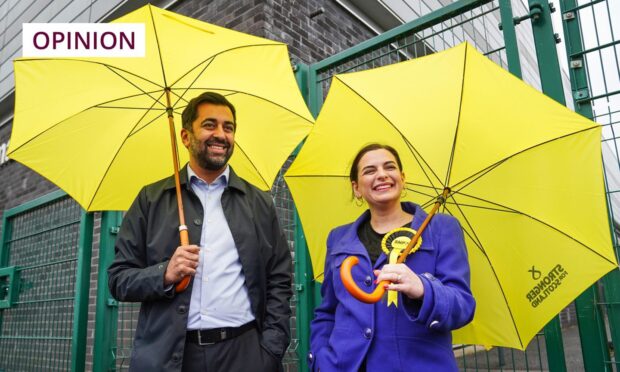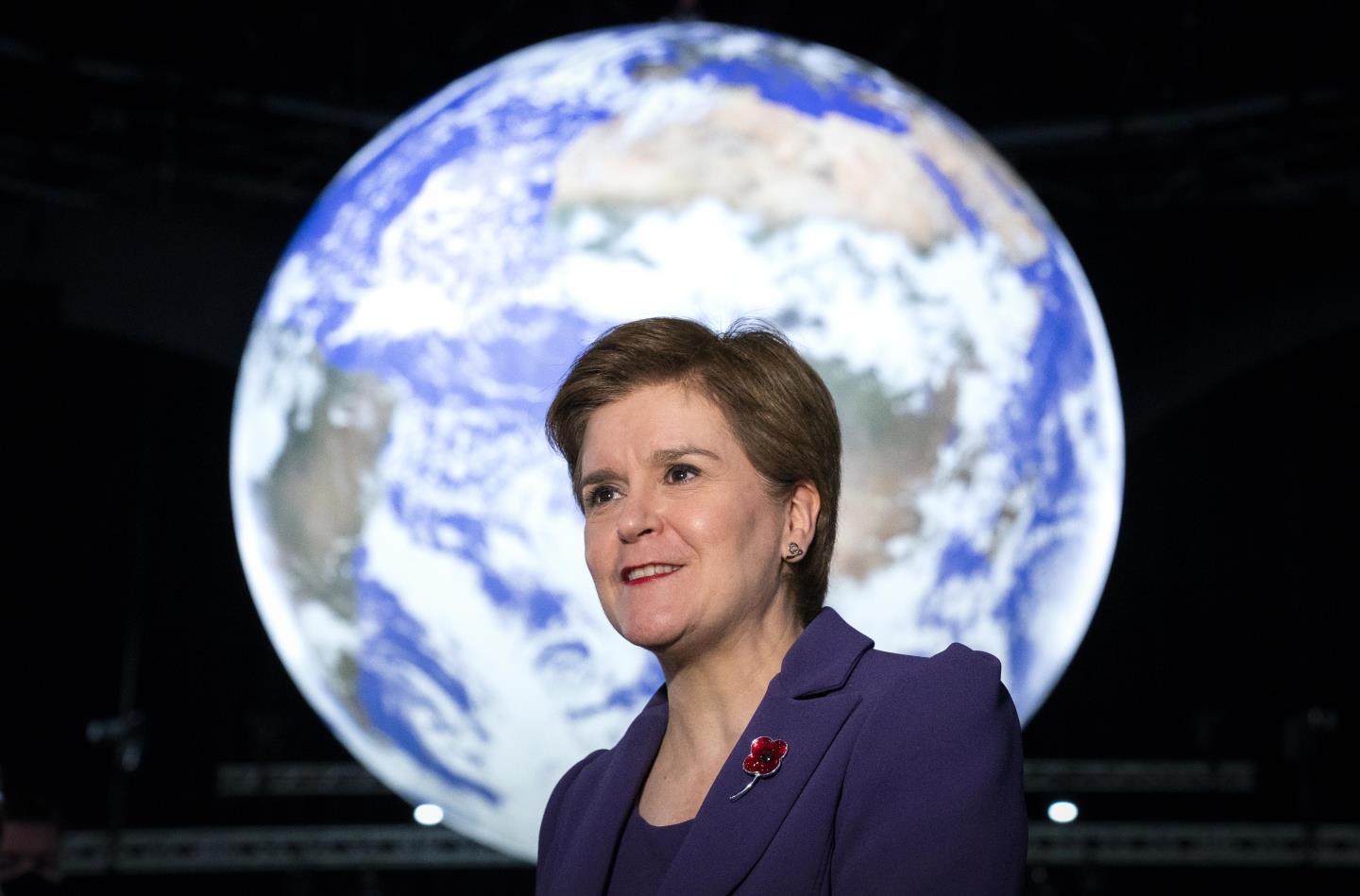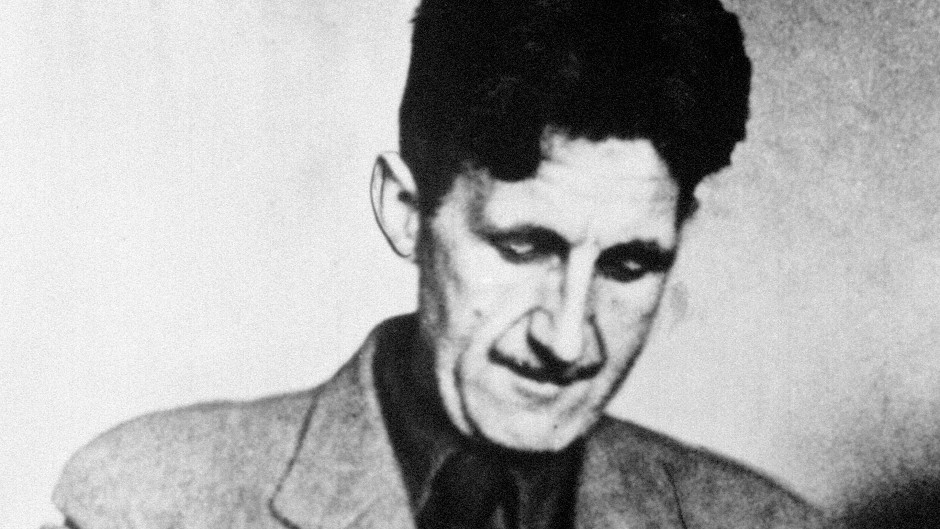I suppose it’s a good job that it’s only the 89th annual SNP party conference starting at the weekend in Aberdeen.
If it was as celebratory as a 100th anniversary, the bad-tempered fallout would spoil the auspiciousness of the occasion.
A whiff of rebellion in the air. Party veteran Fergus Ewing banished to the sin bin for calling out some of their more madcap policies. I suspect he likes playing the rebel.
Ewing once confided in me at a dinner in Aberdeen – to celebrate offshore wind farms, of all things – that he was a fan of Los Angeles crime novels about Detective Harry Bosch. Perhaps he was drawn to Bosch because he was an unconventional character, too.
Humza Yousaf limps onto stage, weighed down by rebels, intrigues and a crushing humiliation in the Rutherglen and Hamilton West by-election. A leader who cannot unite the country – or even his own party.
While they’ll be putting out their best silver for the occasion, if you listen hard you might still hear a faint sound of knives being sharpened backstage.
With the Ewing affair casting a long shadow over the fake bonhomie, this is another chance for Yousaf to make his oddball independence referendum strategy clearer to the massed ranks of head-scratchers among us.
‘De facto referendum’ is more delusion than plan
Yousaf pressing on with his doomed attempt to make the next general election in Scotland a “de facto referendum” on independence still sounds as daft as it did the first time it tripped off the lips of Nicola Sturgeon. With about as much substance as candyfloss.
And the controversial proposal remains tarnished, no matter how often Yousaf tries in vain to polish it.
I’ve written previously that I think this ludicrous, desperate, last-ditch attempt to justify another referendum undermines accepted democratic principles and the integrity of elections. Bending the rules; the ends justify the means, if you like.
You don’t have to take my word for it. A highly-respected research team published the findings of an 18-month investigation into the shaky state of the UK constitution a couple of weeks ago. They came to a similar conclusion to me.
The joint Bennett Institute and Institute for Government team was advised by various eminent experts, including Baroness Hale. She, if you recall, was the presiding Supreme Court judge who nailed Boris Johnson over proroguing parliament during the Brexit wars.
Johnson was hauled over the coals again in this report for playing fast and loose with democratic principles.
It sets out strong demands for legal checks and balances to protect our slapdash British constitution. The trouble is that too much of it is open to exploitation in the wrong hands.
Significantly, they also warn about “various political actors” elsewhere in the UK who are pushing constitutional boundaries beyond breaking point for their own political motives. And of deep concerns about “de facto” referendums.
Do any suspects spring to mind who might be in the vicinity of Aberdeen soon?
It is plainly impossible to draw referendum conclusions from block votes for seats and parties in a general election. Especially when “one person, one vote” (the only acceptable way of counting it) shows the SNP struggling to hold 50% support. And, now, just over 25% at the by-election.
The dire “de facto” delusion is like passing off a bag of chalk as cheese.
You can see why they are so keen: they hold about 70% of Scottish Westminster seats (at the moment), yet less than half of Holyrood seats.
‘Some animals are more equal than others’
We are also close to another important anniversary. Within a few weeks, it will be 80 years since George Orwell started writing his extraordinary novella in defence of freedom and democratic principles. It was Animal Farm, of course.
A savage attack on the Allies’ World War Two partnership with Russia and, in particular, a forewarning of the Stalinist horrors to come.
I must pause here to emphasise that I am not suggesting that the SNP is a murderous dictatorship. Far from it, even though it has murdered public patience.
Animal Farm was written in a different era, but its underlying message is regarded as just as fresh and relevant in today’s world. Bad propaganda distorts and corrodes public opinion, even within supposed democratic societies.
I see the poisonous phrase “white settlers” has reared its ugly head again, to suggest certain racial groups originating from outside Scotland should not have a say in any referendum.
The people saying it remind me of leader Napoleon’s sheep after the Animal Farm rebellion banished humans. “Two legs bad, four legs good,” they chant in unison – and to drown out opposition.
But bitter truth eventually dawns that their exalted leaders were no different from the regime they had escaped. And all that remained was Napoleon’s final propaganda outrage: “Some animals are more equal than others”.
David Knight is the long-serving former deputy editor of The Press and Journal


